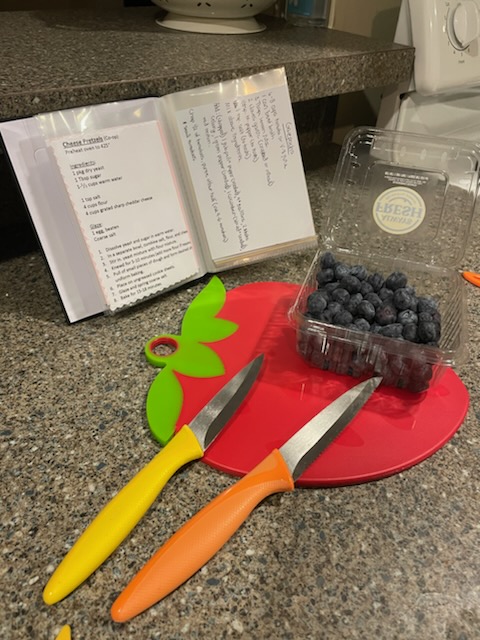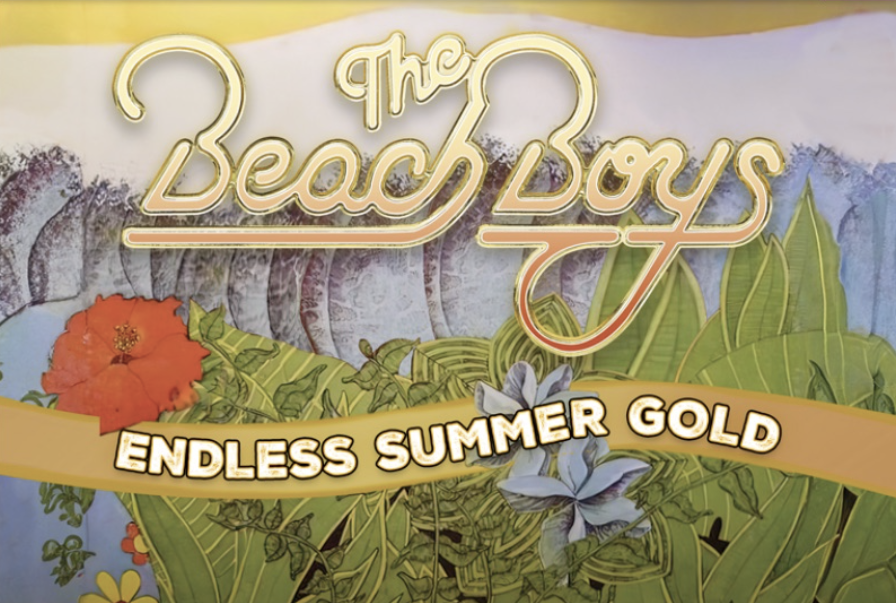Cooking is a vital skill, everybody needs to learn how to do it in order to survive and function. It’s a necessity, hobby, job and bonding activity all rolled into one. Cooking is a popular hobby on many college campuses, speaking from personal experience as well as seeing multiple viral videos of dorm room cooking and the presence of food based clubs on campus, like the baking club. All of this is indicative to why college student cookbooks should exist and be accessible for students.
The first thing you might be wondering is, why? Is there a real need? Why not just buy regular cookbooks? One, yes, some students have dietary restrictions, some want to develop more skills and others just don’t want to eat dining hall food. The regular cookbooks can work fine as well, but there are some things that may be a roadblock to making those recipes. Budgets, the fact that some dorm buildings don’t allow certain cooking equipment, time, physical space and having fewer cooking skills are all contributing factors.
What is needed are multiple cookbooks from a variety of groups and chefs with a wide variety of food that can be tailored to all college students. For example, a cookbook with several ramen recipes for college kids would be a major success. Cookbooks and recipes for the student who’s exhausted by midterms, the student who is hosting a party, the vegetarian student and others would be a valuable asset to the beginner college cook. Something for everyone. Maybe some written by acclaimed chefs could encourage interest from students, or even better, cookbooks themed for certain colleges (Look if we can have a Christopher Newport University themed whiskey than a CNU cookbook isn’t a crazy ask).
There are some cookbooks already on Amazon, PDFs from Reddit and elsewhere but very few people have actually bought or know about these cookbooks. These cookbooks should be sold everywhere and spread in a way that any college student in America can access and use these recipes.
Perhaps it could also be very beneficial to the Captains community if we adopted a community cookbook strategy, similar to what the Maine Bicentennial Cookbook did. Recipes could be contributed by a wide variety of Captains (students, professors, other faculty, even President Kelly if he wished) and compiled into a book that CNU students past and present could use.
It would be incredibly beneficial to college kids for more cookbooks to be available to them so they can use it however they wish – for their own health, their own pleasure, for their friends, etc.
It would help students learn vital cooking skills before they leave college and enter the outside world.

